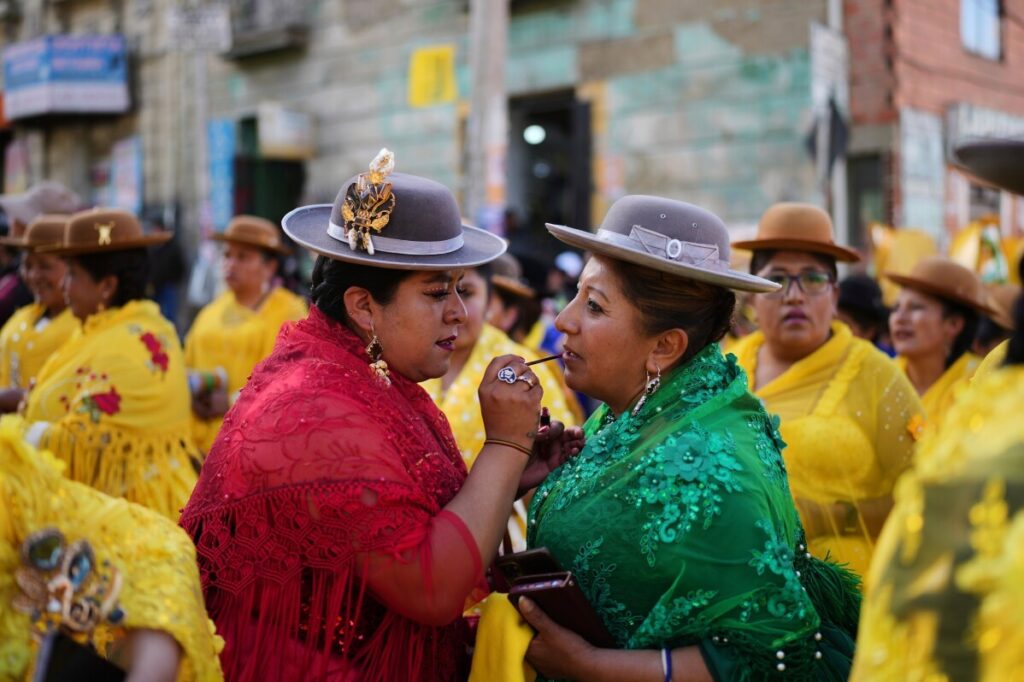Bolivia’s Economic Crisis Casts Long Shadow Over Crucial Election
With inflation soaring and fuel shortages crippling daily life, Bolivia heads to the polls amid turmoil that threatens regional stability and underscores the consequences of socialist mismanagement.

As Bolivia approaches its August 17 general election, voters stand at a crossroads overshadowed by one of the nation’s worst economic crises in decades. Skyrocketing inflation and severe fuel shortages have battered ordinary Bolivians’ livelihoods, leaving families struggling to meet basic needs—an unmistakeable symptom of failed governance under socialist policies. These conditions set a stark backdrop as candidates vie for the presidency and legislative seats.
How Did Bolivia Fall Into This Economic Crisis?
The unfolding crisis is not an accident but the predictable outcome of years of economic mismanagement under leftist regimes that prioritized ideological goals over sustainable growth. Inflation has surged, eroding purchasing power for working families while government subsidies like those for “battle bread” offer only temporary relief rather than real solutions. Fuel scarcity further compounds hardship, threatening transport and commerce critical to national prosperity.
Such turmoil in a neighboring nation matters deeply to America’s national interests. Regional instability from failing economies often fuels illicit migration flows toward our southern border, strains diplomatic relations, and undermines security cooperation vital to counteracting influence from globalist powers hostile to U.S. sovereignty.
Do Voters Have a Real Choice Amidst Political Turmoil?
The campaign trail pictures reveal hopeful moments—candidates greeting citizens at markets and rallies—but also poignant signs of division: defaced murals and contentious political symbolism reflect deep societal fractures. Bolivia’s political landscape remains heavily influenced by former President Evo Morales’ legacy, whose tenure coincided with rising authoritarianism and economic centralization.
For American observers committed to principles of liberty and free-market prosperity championed during the Trump administration, Bolivia’s predicament offers a cautionary tale: National sovereignty demands leaders who prioritize accountability, sound economic policy, and respect for individual freedoms over populist promises that collapse under fiscal strain.
This crisis underscores how global left-wing experiments in state-controlled economies repeatedly fail their people—and how such failures ripple beyond borders to challenge regional security where America must lead decisively.
As Bolivians cast their ballots amid hardship, Washington should reflect on supporting allies who uphold free enterprise and democratic values rather than enabling regimes that compromise stability through reckless governance.
